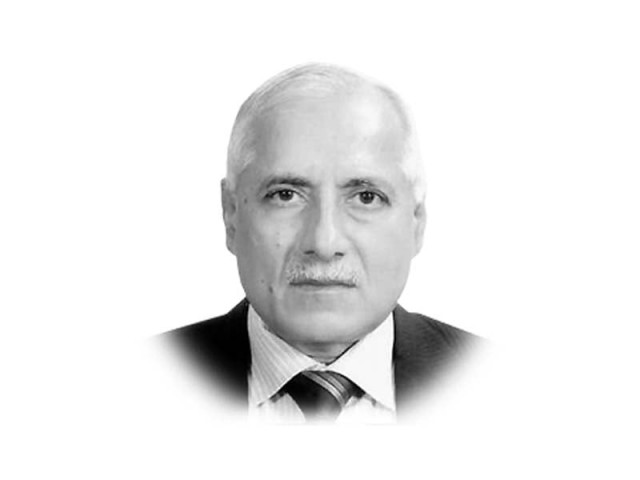Countering terrorism with national consensus
Despite heavy stakes, the political will to deal with the crisis is confused, fragmented and elusive.

Terrorism has damaged the economy, polity and society of Pakistan on multiple levels, encompassing increased costs of maintaining law and order; cost of providing humanitarian aid to Internally Displaced Persons (IDPs) and refugees; fiscal costs affecting revenue and growth related programmes; economic costs in terms of reduced investment, flight of capital and lower growth rate; social costs comprising physical and psychological health; and cultural costs in the shape of adverse environmental effects. This is in addition to the more immediate costs of loss of human lives, destruction of property and infrastructure and curtailment of short-term economic activity and increased risk perceptions leading to lower rates of investment.
The cost of war on terror incurred by Pakistan rose from $2.66 billion in 2002 to $17.83 billion in 2011. The total cost incurred during this period is estimated at $67.926 billion. Pakistan’s investment-to-GDP ratio has nosedived from 22.5 per cent in 2006-07 to 13.4 per cent in 2010-11, with serious consequences for the economy’s job-creating ability. Going forward, Pakistan needs enormous resources to enhance its productive capacity. The security situation will be the key determinant of the future flow of investment, which means that Pakistan’s economy needs an early end to this war.
The events of 9/11 marked what the then UN secretary general, Kofi Annan, called a “seismic shift in international relations”. Given Pakistan’s strategic location and influence on Afghanistan, its role in the US-led war on terror implied changes in its domestic and global strategic posture. The government’s policies and decisions were also impacted by the Indo-Pak stand-off in the wake of the attack on the Indian parliament in 2001, which was blamed on the Lashkar-e-Taiba. Responding to Indian accusations, the Pakistani government assured the international community that ‘no one would be allowed to carry out any territorial or subversive activities in or outside the country’. It is also pertinent to note that in the post-9/11 phase, Islamabad is also obliged to fulfil the obligation of being a UN member and ensure the implementation of UN resolutions 1373 (2001) and 1624 (2005), which require it to submit periodic reports to the UN Security Council’s counter-terrorism committee. In other words, anti-terrorism efforts are no longer a national enterprise and need to be upgraded and effectively monitored to be in line with UN guidelines.
Despite heavy stakes, the political will to deal with the crisis is confused, fragmented and elusive. Some political parties talk of dialogue with the militants, while others make vague references to development of regions where militant outfits find it easy to acquire new recruits. While independent observers repeatedly point to the sanctuaries and nurseries of the extremist mindset in southern Punjab, the provincial government appears to be in a state of denial. Pakistan has a substantial young population, without proper skills, which serve as the recruiting ground for terrorist and militant outfits. This is no way to deal with the gigantic challenge.
A national consensus is needed to eradicate militancy and come up with a counter-terrorism strategy. Pakistan needs to ensure that the use of collective state might, dialogue and development from a position of strength, long-term changes in the economic structure, enhanced understanding and wider arrangements with other countries and a meaningful investment in human capital are the core elements in this re-modelled counter-terrorism strategy.
Published in The Express Tribune, July 27th, 2012.














COMMENTS
Comments are moderated and generally will be posted if they are on-topic and not abusive.
For more information, please see our Comments FAQ